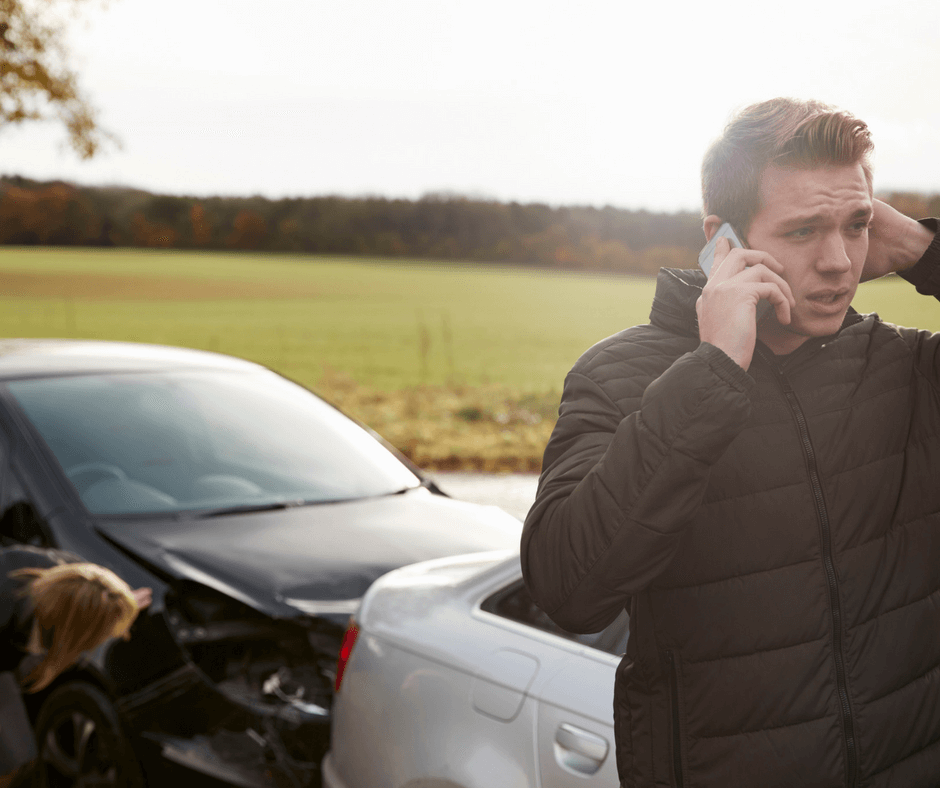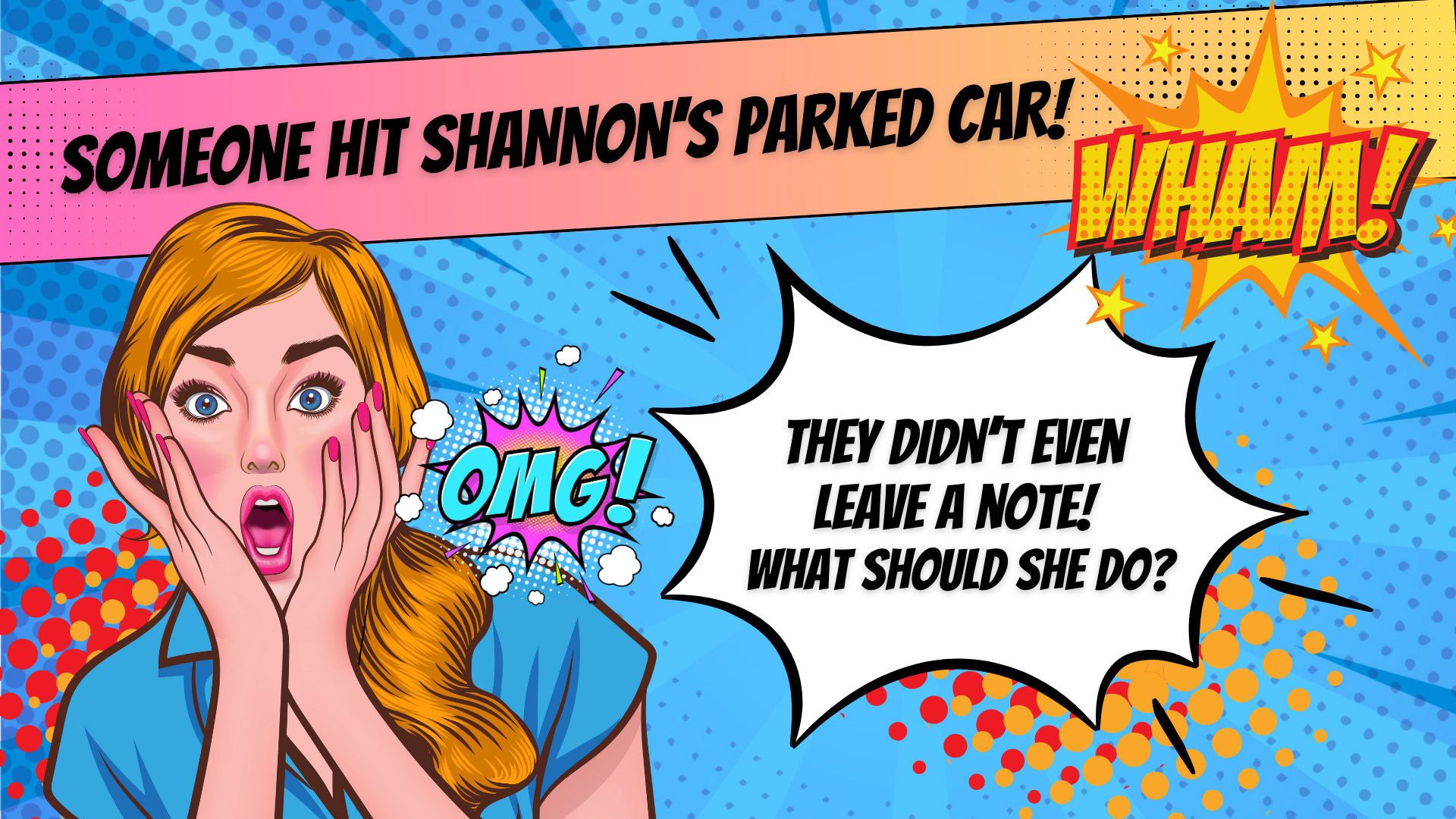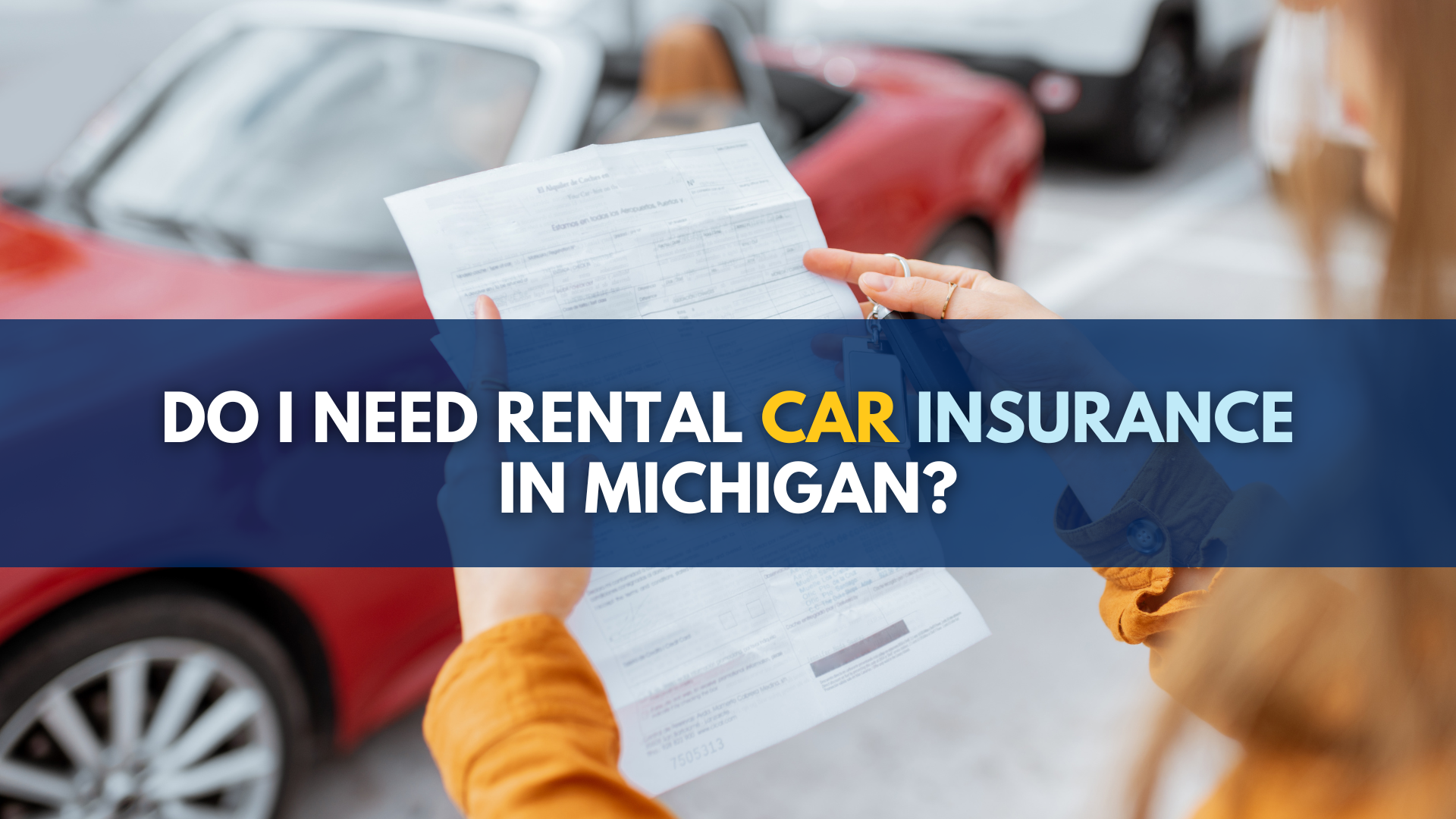Car accident with uninsured driver? Watch out for Farm Bureau’s uninsured motorist policy.

Thousands of people in Michigan every year are injured in car accidents with uninsured drivers.
Uninsured drivers are a huge problem statewide, but they are even worse in cities like Detroit and Flint and Battle Creek where an estimated 50% of drivers are uninsured. Hit and run car accidents are also much higher in these areas of the state because these uninsured drivers know they are breaking both civil and criminal law. These are all reasons why as an auto accident lawyer I’ve been recommending people purchase uninsured motorist insurance for years on this auto law blog.
But uninsured motorist coverage is contractual coverage – which means it is only as good as the contract language it’s written on.
Unfortunately, this is where some insurance companies earn the reputation they have of writing policies in such a way to avoid paying out on valid claims. Case in chief for today: Farm Bureau’s uninsured motorist coverage.
Do you know how much time you have after a car accident with an uninsured driver or a hit and run driver to notify Farm Bureau for a claim for uninsured motorist benefits?
Not sure?
That’s OK. Neither am I, and I read insurance policies for a living.
Neither, believe it or not, is Farm Bureau!
In a recent case, Wagner v. Farm Bureau Mutual Insurance Company of Michigan, the insurer insisted that — under its policy provisions — car accident victims are required to give notice of an uninsured motorist claim “within three years after the accident occurs.”
Yet, in the same case, it came out that another provision in Farm Bureau’s UM policy said such notice requirements aren’t written in stone if it’s not “reasonably possible” to submit the notice within the prescribed time and notice is, ultimately, “submitted … as soon as reasonably possible.”
So which is it?
Well, as the Michigan Court of Appeals in Wagner said:
It will depend on “factual development and consideration of extrinsic evidence” in each case.
In Wagner, that meant Farm Bureau couldn’t use the three-year notice requirement as an excuse to squirm out of having to paying the car crash victim’s UM benefits:
Farm Bureau’s “UM policy is ambiguous because its provisions irreconcilably conflict,” and, thus, the trial court properly denied the insurer’s motion to dismiss.
The legal takeaways from Wagner for car crash victims and Michigan car accident lawyers litigating cases with hit and run drivers or uninsured motorists who have caused an auto accident is twofold:
- If a car accident victim is filing a claim for UM benefits with Farm Bureau, then he or she must know about Wagner and scrutinize his or her policy to see if it has the “reasonably possible” exception to the three-year notice requirement.
- Any time an auto accident victim is filing a claim for benefits — other than No Fault benefits whose time limitations are governed by statute, rather than contract — it’s critical to know the policy’s deadlines and any policy exceptions to those deadlines.
What are uninsured motorist benefits under Michigan’s auto law?
The point of uninsured motorist coverage is ensuring that there will be benefits to help out and compensate a car crash victim who was injured by an uninsured driver. It’s a way of providing the security that would have been provided if the at-fault driver had had the legally required insurance coverage.
As the Wagner court quoted the Michigan Supreme Court in Rory v. Continental Insurance: “UM ‘insurance permits an injured motorist to obtain coverage from his or her own insurance company to the extent that a third-party claim would be permitted against the uninsured at-fault driver.’”
How did Farm Bureau’s uninsured motorist policy provisions irreconcilably conflict?
In a nutshell, the Court of Appeals concluded the notice provisions in Farm Bureau’s uninsured motorist were “irreconcilably” in conflict and, thus, “ambiguous” because the “reasonably possible” provision could be interpreted to allow the notice requirement to be satisfied even if it’s not submitted to Farm Bureau within the policy’s prescribed three-year limitation.
Here’s how things happened in Wagner.
Michelle Wagner was injured in a May 17, 2010, car accident. Under her Farm Bureau policy, the at-fault driver didn’t meet the definition of an uninsured motorist and, thus, Wagner didn’t pursue a UM claim — notice of which would have been due on May 17, 2013.
It wasn’t until after May 17, 2013, that Wagner learned (via litigation between the at-fault driver and Farm Bureau, who also happened to be his auto insurer) that the “insured” status of the at-fault vehicle may be in doubt and, thus, on May 12, 2014, provided Farm Bureau with notice of her potential UM claim.
By virtue of a June 23, 2014, court ruling, it was determined the at-fault vehicle that injured Wagner was, in fact, uninsured at the time of the crash (due to a commercial use exclusion invoked by Farm Bureau).
Relying on its provision requiring that notice of a UM claim be given within three years of a car accident, Farm Bureau said Wagner wasn’t entitled to benefits because her notice was untimely.
She countered, invoking the “reasonably possible” provision in her Farm Bureau policy:
Because the “determination of [the at-fault] vehicle’s uninsured status” didn’t occur “until more than three years after the accident,” that “impacted the accrual date of [her] UM claim” and she “complied with the policy as soon as reasonably possible.”
The trial court agreed, finding the policy “‘inconsistent on its face’” and ambiguous. As the Court of Appeals noted: “[T]he trial court correctly denied Farm Bureau’s [motion to dismiss] because the policy does not unambiguously state that [Wagner’s] UM action is time barred.”


